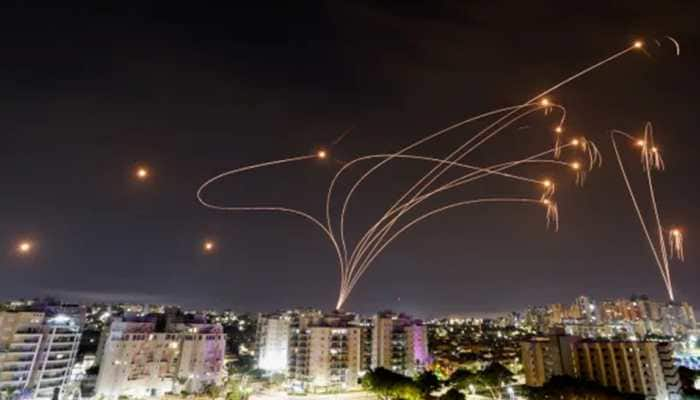Time to introspect on streamlining justice delivery system: Supreme Court
Two "new buzzwords" of "ease of doing business" and "enforcement of contract", have found mention in a Supreme Court judgement dealing with the "disturbing feature" of a matter pending for over three decades.
Trending Photos
) Representational image
Representational image NEW DELHI: Two "new buzzwords" of "ease of doing business" and "enforcement of contract", have found mention in a Supreme Court judgement dealing with the "disturbing feature" of a matter pending for over three decades.
The top court stressed the need to introspect and introduce case management programmes to streamline the justice delivery system so that cases could be decided more efficiently.
The apex court, while dealing with a suit related to an 1986 agreement to sell land in the national capital, said the case before it exemplified the need to have a case management system.
A bench of Justices Madan B Lokur and Deepak Gupta said that a "disturbing feature" of the appeal pending before it was that even after around 31 years, the parties in the matter were not quite sure about the fate of the sale agreement of 1986.
" 'Ease of business' and 'enforcement of contract' are the two new buzzwords and rightly so. For ease of doing business insofar as justice delivery is concerned, it is time to introspect and introduce case management programmes to streamline the system so that suits and appeals can be decided more efficiently. The present appeal exemplifies the need for case management system," the bench said.
While referring to the case before it, the top court said, "The period is extremely long and such a lapse of time for the enforcement (or otherwise) of a contract is good reason to rethink the procedures".
The bench noted that the subject matter of appeal before it was an agreement to sell, dated May 29, 1986, and a suit filed in the Delhi High Court in 1987. But it appeared that due to a change in pecuniary jurisdiction, the suit was transferred to the lower court.
A man had in 1986 entered into the agreement for purchasing land at the Mehrauli village in south Delhi and paid Rs 30,000 as advance to the owners of the property.
There was a dispute regarding the obligation to obtain 'no objection certificate' and clearances from the authorities for the sale of land after which a suit was filed before the high court, which was later transferred to the trial court.
The trial court adjudicated the matter and held that the purchaser did not have the means to pay the balance consideration and was not ready and willing to perform his part of the contract at all times.
The man thereafter challenged the trial court order in the high court which said the owners of the land were not willing to execute the sale deed and purchaser was entitled for delivery of vacant, peaceful and physical possession of the land.
The high court's order was then challenged in the apex court by the landowners and the top court allowed the appeal and set aside the high court verdict.
Stay informed on all the latest news, real-time breaking news updates, and follow all the important headlines in india news and world News on Zee News.
Live Tv







)
)
)
)
)
)
)
)
)
)
